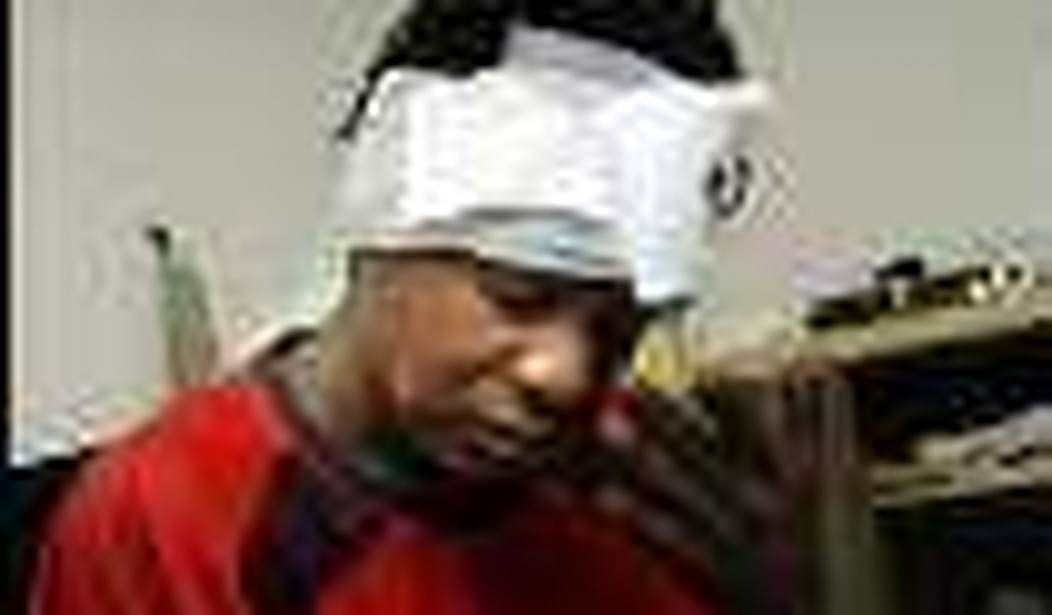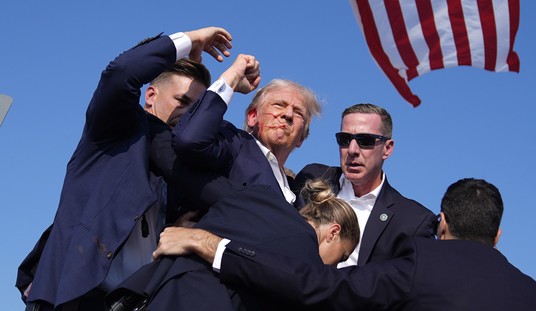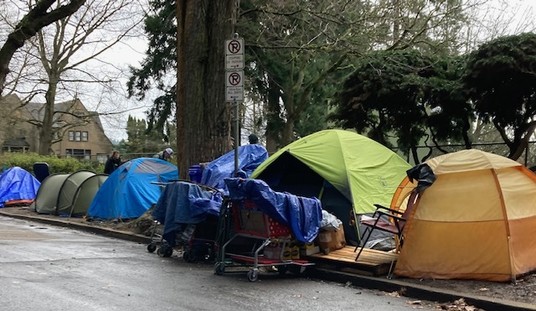To many foreigners, Africa is a deep dark continent a million miles away that seldom makes the news for any positive reasons. We are a continent divided by borders that were drawn by colonial powers with no regard for tribal or ethnic boundaries that had been in place since time began. We struggle to shake off the effects of colonization as we attempt to cope with a world that is rapidly changing – no easy feat.
At the southern tip of Africa lies the Republic of South Africa, a country alive with possibility, mineral wealth, a fantastic constitution and people passionate about life. Fourteen years after the first free and fair elections ever to be held in our country, we find ourselves facing a new crisis that is threatening the very fabric of our society. Now you may feel that is a little dramatic or extreme but the violence we are currently witnessing by angry mobs against foreigners fleeing neighboring countries cannot be overstated.
Many white South Africans have lived barricaded behind high walls or in security complexes in mainly white neighborhoods have been labouring under the misconception that this murder, rape, assault, thuggery, robbery and brutality (hiding behind xenophobia) was a million miles away. This weekend’s violence in Central Johannesburg was a huge wakeup call for most. The streets and flat lands of Johannesburg exploded this weekend and violence continued to flare up in townships and informal settlements throughout the region. A pictorial essay of the violence is available here from the Times of South Africa.
At least 13 people died over the weekend, hundreds were injured and thousands displaced in what has brought back memories of the worst of the violence we South Africans witnessed in the 1970’s and 80’s. The root of the problem? A country simply unable to house, feed and educate its citizens. A country where jobs are scarce, and food prices are spiraling, as they are around the world. Add to this a largely unstable country to our north with the world’s highest inflation rate of over 150 000%, chronic unemployment, political unrest and a population increasingly desperate to cross the border into South Africa to eke out a meager existence doing work that many locals refuse due to the poor wages.
Townships and ‘informal settlements’ (political speak for squatter camps) – already overburdened and filled well beyond capacity have been absorbing these immigrants daily. Crime is rampant inside and outside the settlements and people (both white and black) are angry. Our president, famous for his ‘quiet diplomacy’ has now become so quiet that even when he does speak, few bother to listen. It is not easy to blame a government you voted into power or officials you elected and so people began to look around externally for someone to blame. The immigrants are the easiest target.
It is difficult not to sympathize with people who feel that the spiraling crime, housing shortages and high food costs are a result of our almost nonexistent border controls.
For the government it is preferable that the foreigners and not their own short comings and policies be blamed for the woes that have befallen their constituents, both from a political and from a public relations point of view.
But nobody could have anticipated or can even remotely condone the level of violence and anarchy that has descended. The police seem unable to stem the flow. Leaders making speeches behind television cameras and large desks are having no impact. Our president’s call for calm will have about as much effect as mine would.
What is desperately needed right now is troops on the ground. Police, army or even the Navy who have nothing to do but polish those submarines our government purchased with the billions of rands that could have been ploughed into housing and job creation. (that debacle is a separate article in itself.
The government must stem the violence first and only then start making speeches about what changes we can expect (and make them quickly, the elections are close). Foreigners surfing the net for accommodation and restaurants as they plan their vacations for 2010 must certainly be having second thoughts, they must be wondering whether they will be subjected to the same violence?
How do we explain to the visitors on whom our economy depends “Not to worry, we only kill Zimbabweans because they took our homes and jobs!”
For how long, these potential tourist and businesspeople may ask, wil the violence restricted to black-on-black and will it spill over to other groups? Are tourists at risk, is the country safe to visit for business or pleasure and what of investment?
Nostradamus I am not, and about the future I will not write. The current violence seems to be aimed only at people who live and work close to those bearing the brunt of the housing and employment crisis. But I can’t help being reminded of the words of Pastor Martin Niemöller (1892-1984) about the inactivity of German intellectuals following the Nazi rise to power and the purging of their chosen targets, group after group.
“In Germany, they came first for the Communists, And I didn’t speak up because I wasn’t a Communist;
And then they came for the trade unionists, And I didn’t speak up because I wasn’t a trade unionist;
And then they came for the Jews, And I didn’t speak up because I wasn’t a Jew;
And then . . . they came for me . . . And by that time there was no one left to speak up.”
“In South Africa, first they came for the Zimbabweans,
And I didn’t speak up because I wasn’t a Zimbabwean…”
And so I will continue to speak out and help where I can. Winter, cold, hunger, will soon be added to the misery already befalling these desperate people.
The Coffee Addict’s daily ramblings about a life in South Africa filled with too much caffeine can be found at http://www.toomuchcoffee.co.za/









Join the conversation as a VIP Member